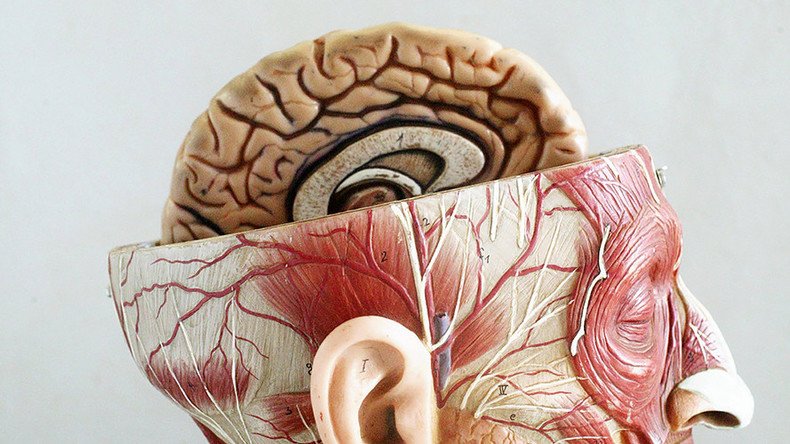Lesions on the brain could be cause of religious extremism - study

A traumatic brain injury could end up making people more extreme in their religious beliefs, according to new research.
Scientists from Northwestern University in Illinois claim they have discovered a connection between head trauma and a person’s unwillingness to accept new ideas – a link, researchers say, makes some people more zealous about their faith.
Writing in the journal ‘Neuropsychologia’, the study’s lead neurologist, Jordan Grafman, says that religious “flexibility” is dependent on the health of the area of the brain governing “openness.”
Digital technology overuse may worsen teen mental health problems - study https://t.co/fZP3Zs89fLpic.twitter.com/k8zAjib4TT
— RT (@RT_com) May 3, 2017
After consulting a registry of around 2,000 US soldiers who had suffered head trauma during the Vietnam War, Grafman conducted tests – including a ‘religious fundamentalism scale’ – on 119 veterans who had experienced penetrating brain injuries.
Grafman’s team then used CT scans to identify lesions on the area of participants’ brains known as the ventromedial prefrontal cortex. This area is thought to play a cognitive role in critical thinking, problem-solving, planning, and spiritual experiences.
Researchers established a link between the lesions in these areas of the brain and the strength of the veterans’ religious convictions. The veterans in the group also tested poorly for mental flexibility following exercises involving sorting and arranging playing cards.
Mind games: Increased exercise keeps older brains healthy, study finds https://t.co/1Ir9AWA3S3pic.twitter.com/0e9EoseHx2
— RT (@RT_com) April 25, 2017
Speaking to PsyPost, Grafman cautioned that the study is limited, saying: “We recruited Vietnam Veterans with and without brain injuries. They were all male American combat veterans. This limits the generalization to other groups of people including women, people from other countries, and people who come from cultures with different primary religious beliefs.”
Grafman also believes more study is needed into other factors, including physiological and psychological, governing religious belief: “While religious and other beliefs can be studied selectively and independently from other cognitive and social processes, their dependence upon, and interaction with, other brain functions will be an important area of research in the coming decades.”












